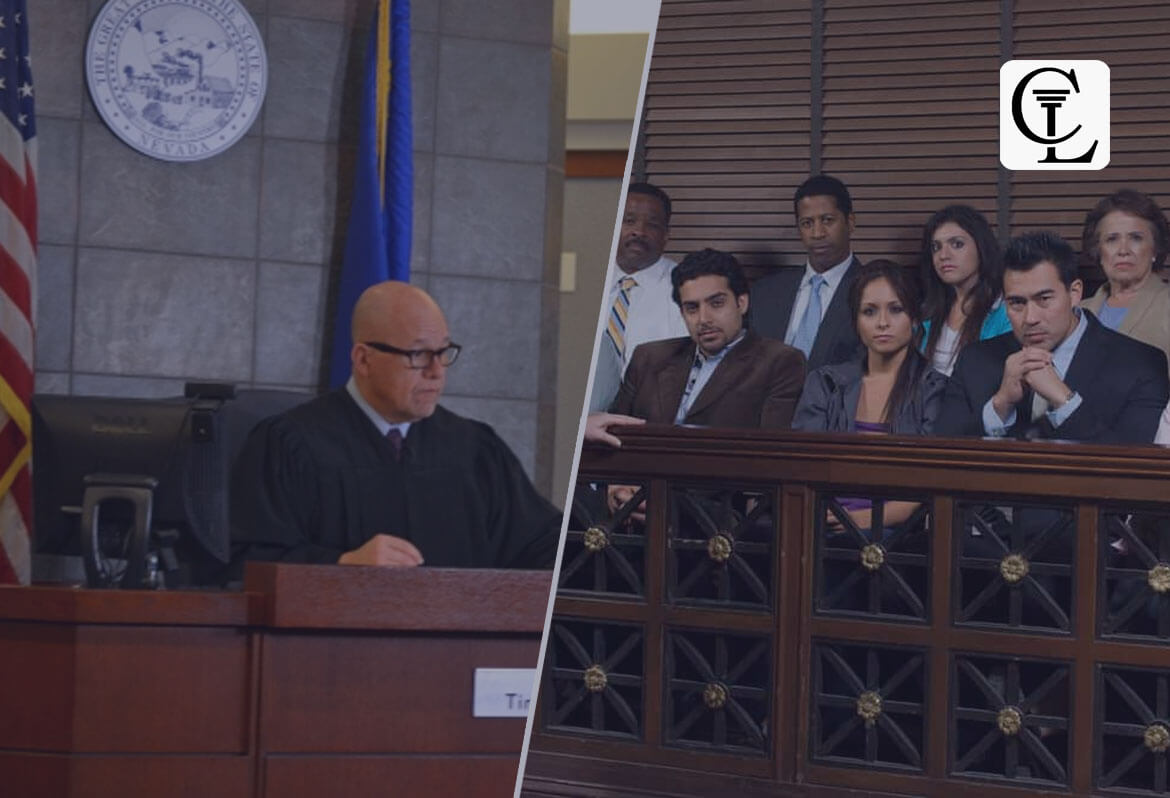Yes, police in Massachusetts can legally search a person’s property if the owner consents. However, significant legal issues arise when law enforcement discovers illegal items during a consent-based search.
Understanding Search and Seizure Laws
Both the United States Constitution and the Massachusetts Constitution protect individuals from unreasonable searches and seizures. If a court deems a search unreasonable, any evidence obtained is typically inadmissible in court.
When Can Police Search Without a Warrant?
The general rule is that police must obtain a search warrant before searching a person’s property. However, there are exceptions to this requirement, and one of the most commonly used is consent. If an individual voluntarily allows the police to search their property, no warrant is necessary.
Challenging a Consent Search
Even when a person gives consent, the search may still be challenged in court. Common legal challenges include:
Understanding Search and Seizure Laws
Both the United States Constitution and the Massachusetts Constitution protect individuals from unreasonable searches and seizures. If a court deems a search unreasonable, any evidence obtained is typically inadmissible in court.
When Can Police Search Without a Warrant?
The general rule is that police must obtain a search warrant before searching a person’s property. However, there are exceptions to this requirement, and one of the most commonly used is consent. If an individual voluntarily allows the police to search their property, no warrant is necessary.
Challenging a Consent Search
Even when a person gives consent, the search may still be challenged in court. Common legal challenges include:
- Coercion: Consent must be given voluntarily. If a person was pressured or intimidated into allowing the search, the consent may not be valid. However, police are not required to inform individuals that they have the right to refuse consent and lack of awareness does not automatically invalidate consent.
- Scope of Consent: The search must stay within the limits of the consent given. For example, if someone consents to a car search, of the passenger compartment, officers may not automatically have the right to search locked containers in the trunk, or inside the hood, unless explicitly permitted.
- Apparent Authority: A person generally cannot consent to the search of someone else’s property. Nor can the police be expected to have someone prove they own an item before getting consent to search it. So, the question of “apparent authority” is whether a reasonable person would believe the person that gave consent had the authority to do so.
Know Your Rights
Every individual has the right to refuse consent to a police search. However, there are circumstances where law enforcement may conduct a search without a warrant or consent, such as when probable cause exists or under exigent circumstances.
If you or a loved one has been subjected to a warrantless search, consulting an experienced Massachusetts criminal defense attorney can help determine whether your constitutional rights were violated and whether evidence can be suppressed in court.
For expert legal guidance on search and seizure laws, contact a criminal defense lawyer today.
Every individual has the right to refuse consent to a police search. However, there are circumstances where law enforcement may conduct a search without a warrant or consent, such as when probable cause exists or under exigent circumstances.
If you or a loved one has been subjected to a warrantless search, consulting an experienced Massachusetts criminal defense attorney can help determine whether your constitutional rights were violated and whether evidence can be suppressed in court.
For expert legal guidance on search and seizure laws, contact a criminal defense lawyer today.








